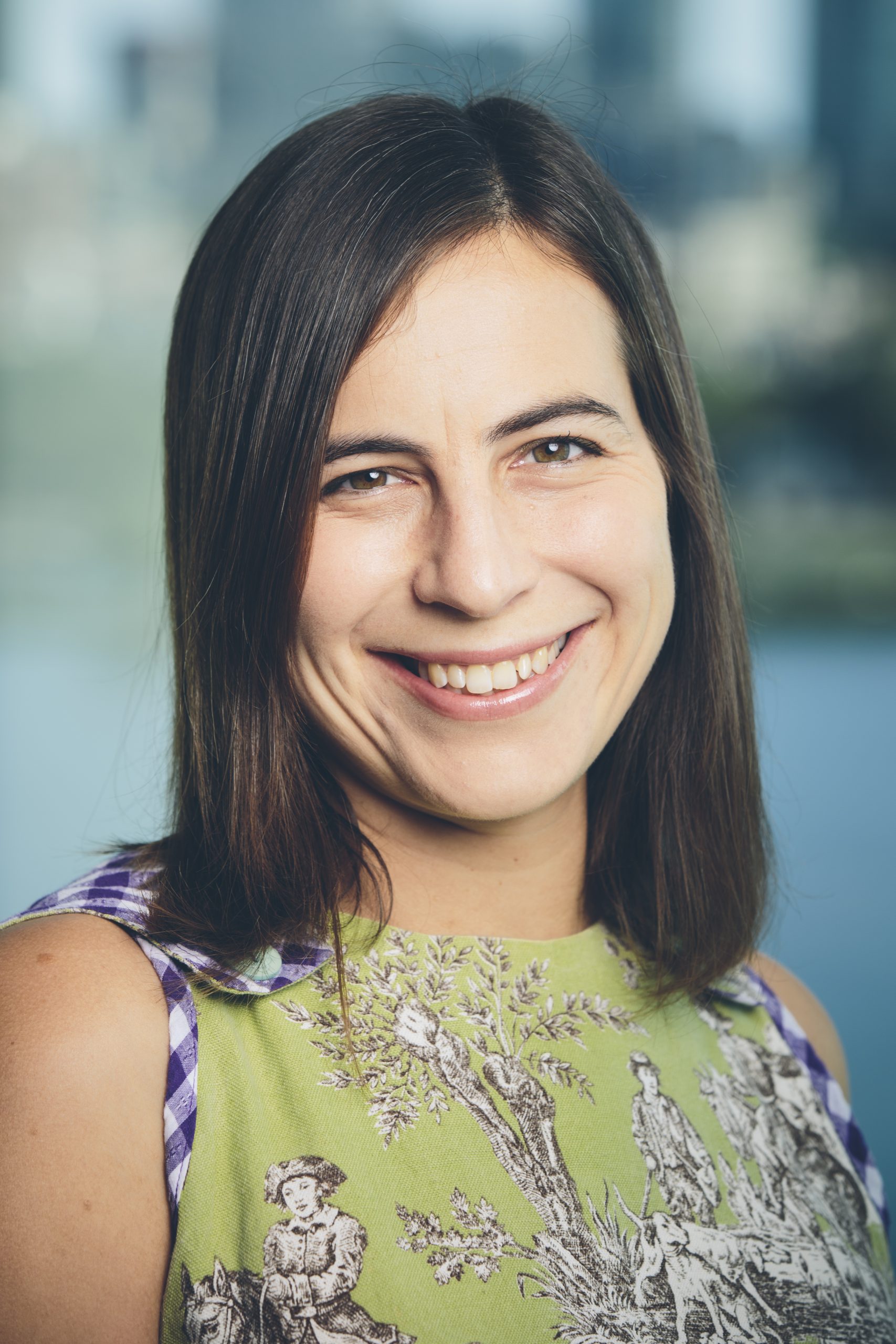
- This event has passed.
CIS Seminar: “Birds of a Feather Flock Together: How Homophily Leads to Segregation, Inequality, and Inefficiency and What We Can Do About It”
February 16, 2023 at 3:30 PM - 4:30 PM
Humans exhibit a strong tendency to associate with those similar to them. This tendency, termed homophily in the social sciences, impacts both the structure of society and its outcomes. In this talk, Nicole Immorlica discusses the mathematics of homophily. She first quantifies its theoretical implications for geographic segregation. We will see that even tolerant societies exhibit segregation, as weak local preferences can have ripple effects with global consequences. This geographic segregation, in turn, reinforces homophily. Immorlica then explores the role of homophily in inequality and economic productivity. She starts from the observation that most employment is driven by referrals. As social networks tend to exhibit homophily, these referrals are also homophilous, perpetuating existing inequality. This inequality, in turn, is harmful to productivity, causing inefficiencies in the economy. She concludes by suggesting policy interventions that can both reduce inequality and improve productivity. Finally, should time permit, she explores a rational basis for homophily in social networks, showing that people prefer to listen to those similar to them because they get more accurate information from such interactions.

Nicole Immorlica
Sr. Principal Researcher, Microsoft Research New England
Nicole Immorlica is a senior principal researcher at Microsoft Research New England (MSR NE) and chair of SIGecom, the ACM Special Interest Group on Economics and Computation. She received her BS, MEng and PhD in theoretical computer science from MIT in Cambridge, MA. She joined MSR NE in 2012 after completing postdocs at Microsoft in Redmond, WA and Centruum vor Wiskunde en Informatics (CWI) in Amsterdam, Netherlands, and a professorship in computer science at Northwestern University. Nicole’s research interest is in the design and operation of sociotechnical systems. Using tools and modeling concepts from both theoretical computer science and economics, Nicole hopes to explain, predict, and shape behavioral patterns in various online and offline systems, markets, and games. She is known for her work on social networks, matching markets, and mechanism design. She is the recipient of a number of fellowships and awards including the Sloan Fellowship, the Microsoft Faculty Fellowship and the NSF CAREER Award.
